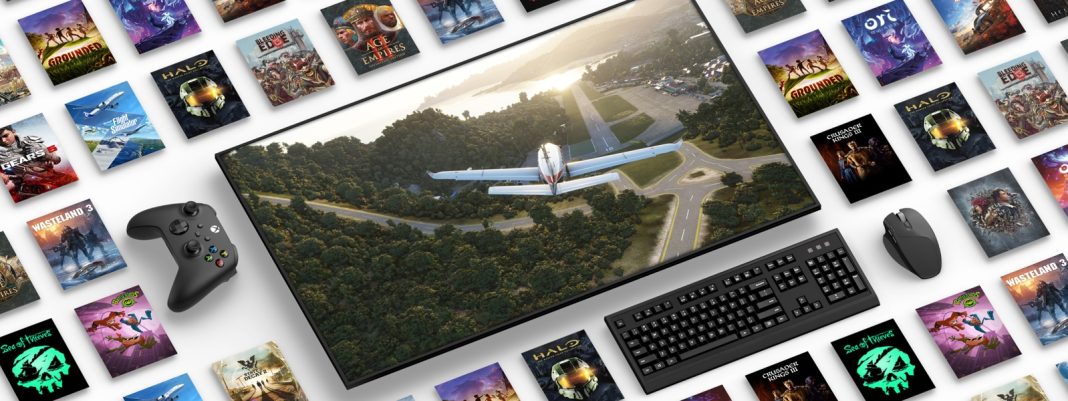In an unexpected turn of events, internal Microsoft documents have hinted at the tech giant’s ambitious plans to expand its Xbox Game Pass streaming service to include PC games. Although not officially confirmed, these revelations, brought to light through an internal email chain during the ongoing US Federal Trade Commission’s antitrust lawsuit, have sparked curiosity among gaming enthusiasts and industry experts alike.
The existing Xbox Game Pass has been a game-changer in the world of gaming, offering access to a vast library of titles across Xbox consoles. However, one limitation has always persisted – to play PC games, users are required to download and install them on their local gaming PCs. This might be about to change, as Microsoft appears to be eyeing a direct competition with services like Nvidia’s GeForce Now by bringing PC games to the Game Pass streaming service.
The internal communications from 2021 reveal discussions among Microsoft’s top executives, including CEO Satya Nadella, regarding the potential expansion. The executives were specifically interested in Google’s now-defunct Stadia game streaming platform, which, at the time, showed promise. Microsoft was exploring the possibility of leveraging its considerable cloud computing capabilities to offer a white-label service, similar to what Google was experimenting with. When Nadella questioned whether Game Pass PC would follow suit, both Phil Spencer, the head of Microsoft’s gaming division, and Xbox creator lead Sarah Bond gave an affirmative response.
However, there are substantial technical challenges to overcome in realizing this vision. Xbox Cloud Gaming’s current streaming infrastructure is based on customized Xbox hardware, essentially streamlined servers built using the same components as the Xbox Series X console. While this setup provides a consistent console gaming experience, it is ill-suited for streaming modern PC games designed for traditional desktops with discrete graphics cards. To compete with services like GeForce Now or Google Stadia, Microsoft would need to enhance and update its Azure cloud platform hardware significantly.
While these internal emails indicate that Satya Nadella was keen on this expansion two years ago, the actual implementation remains uncertain today. In a subsequent email, Spencer acknowledged Nvidia’s service as their “number one competitor,” highlighting the challenges Microsoft faces in the cloud gaming arena. With the downfall of Stadia, newer entrants like Amazon’s Luna and the revamped PlayStation Plus have failed to make a significant impact on the market.
Microsoft’s current focus still revolves around conventional locally played games and streaming Xbox titles. The highly anticipated RPG “Starfield,” developed by Microsoft subsidiary Bethesda, is available as a local title on both PC and Xbox, with the console version accessible to Game Pass subscribers via streaming. The potential addition of PC-only games to the streaming lineup aligns with Game Pass’s overarching strategy of offering a diverse and comprehensive gaming experience across all platforms.
As gamers eagerly await further details and official announcements from Microsoft, the prospect of Game Pass streaming expanding to include PC games represents an exciting development that could reshape the gaming landscape and provide even more value to subscribers.


